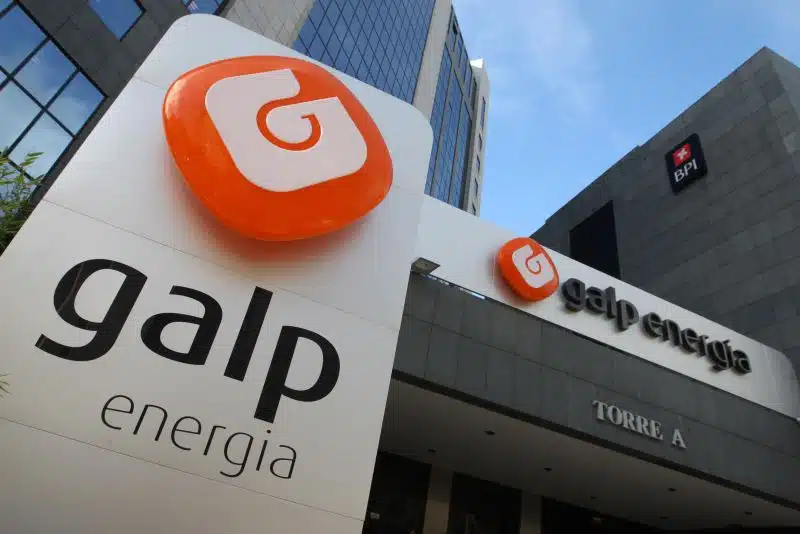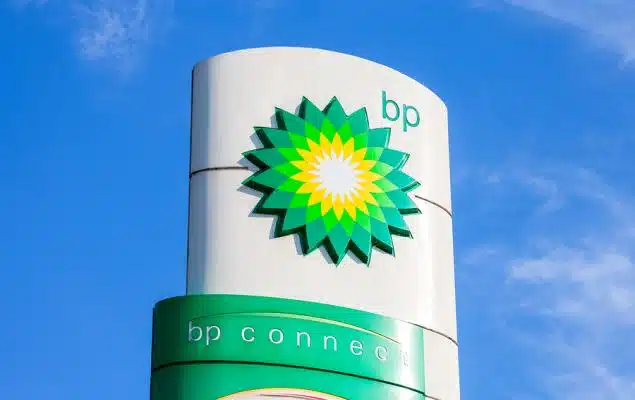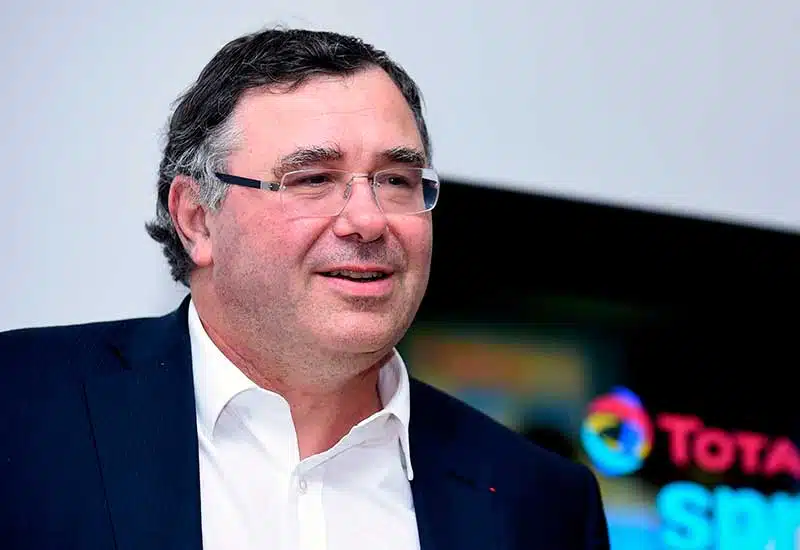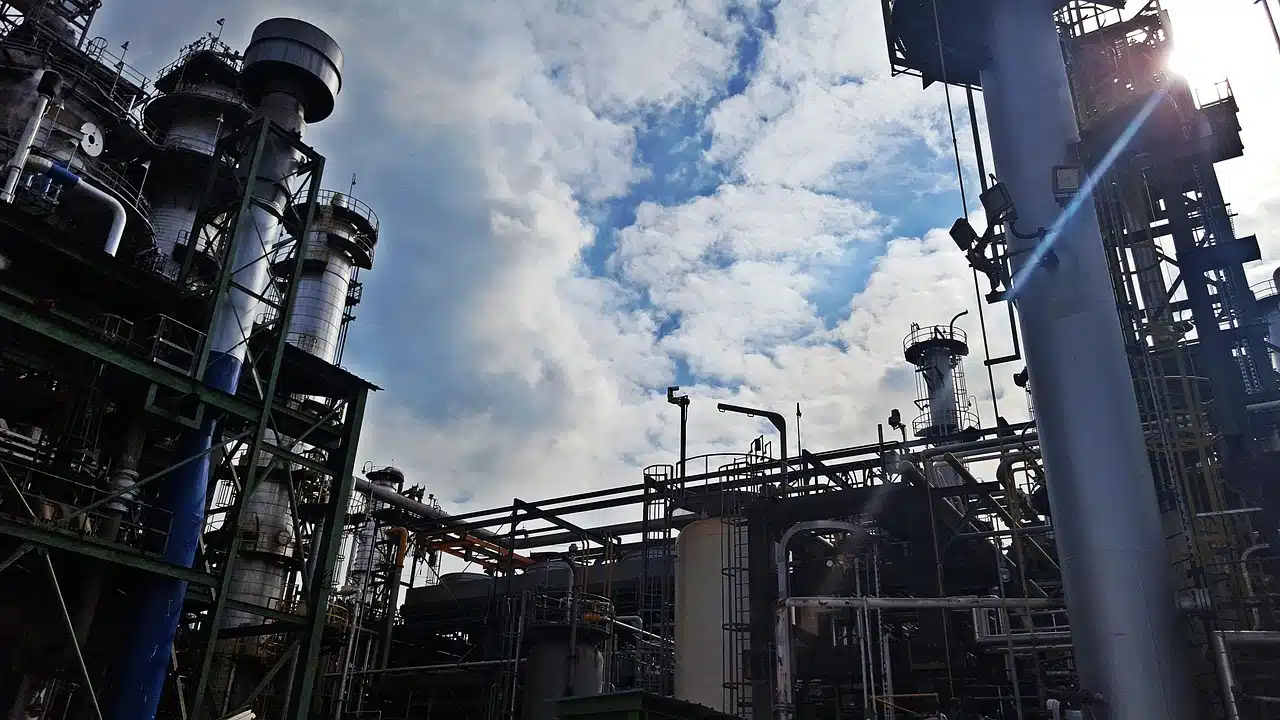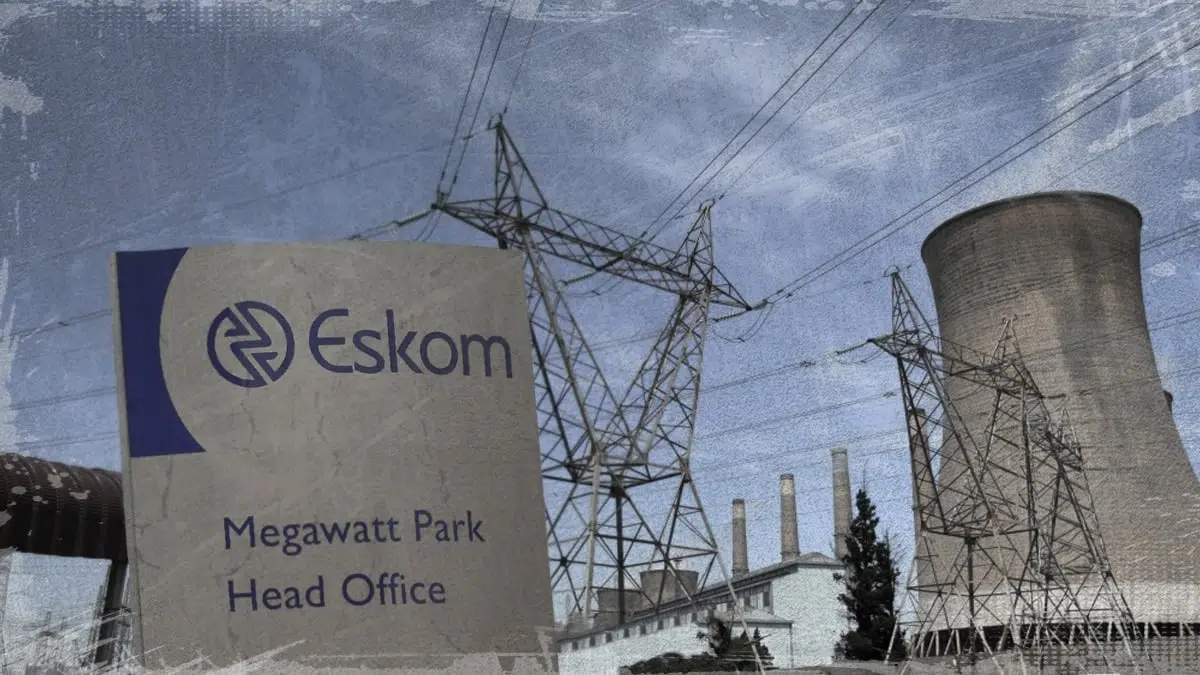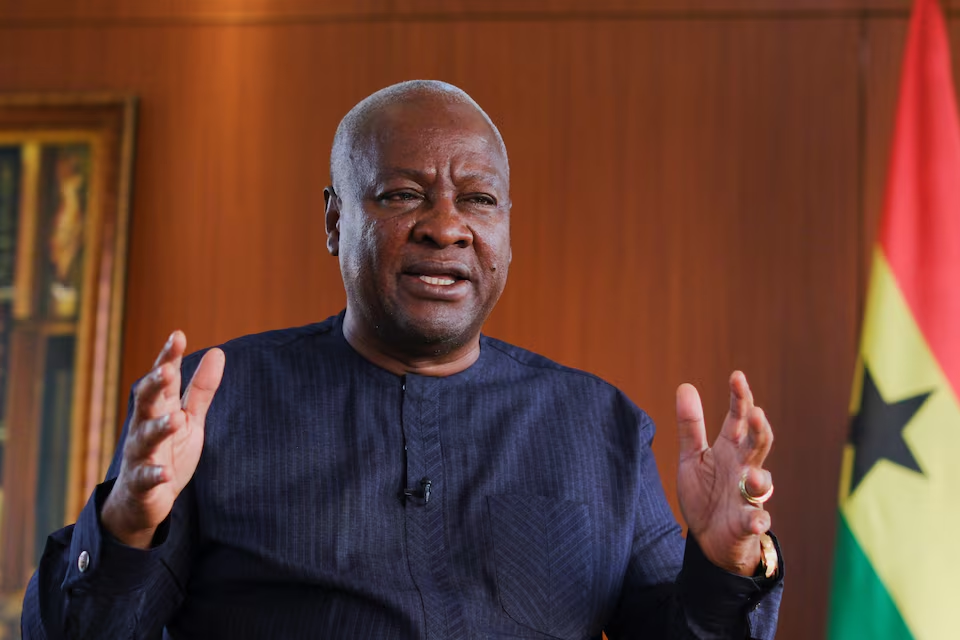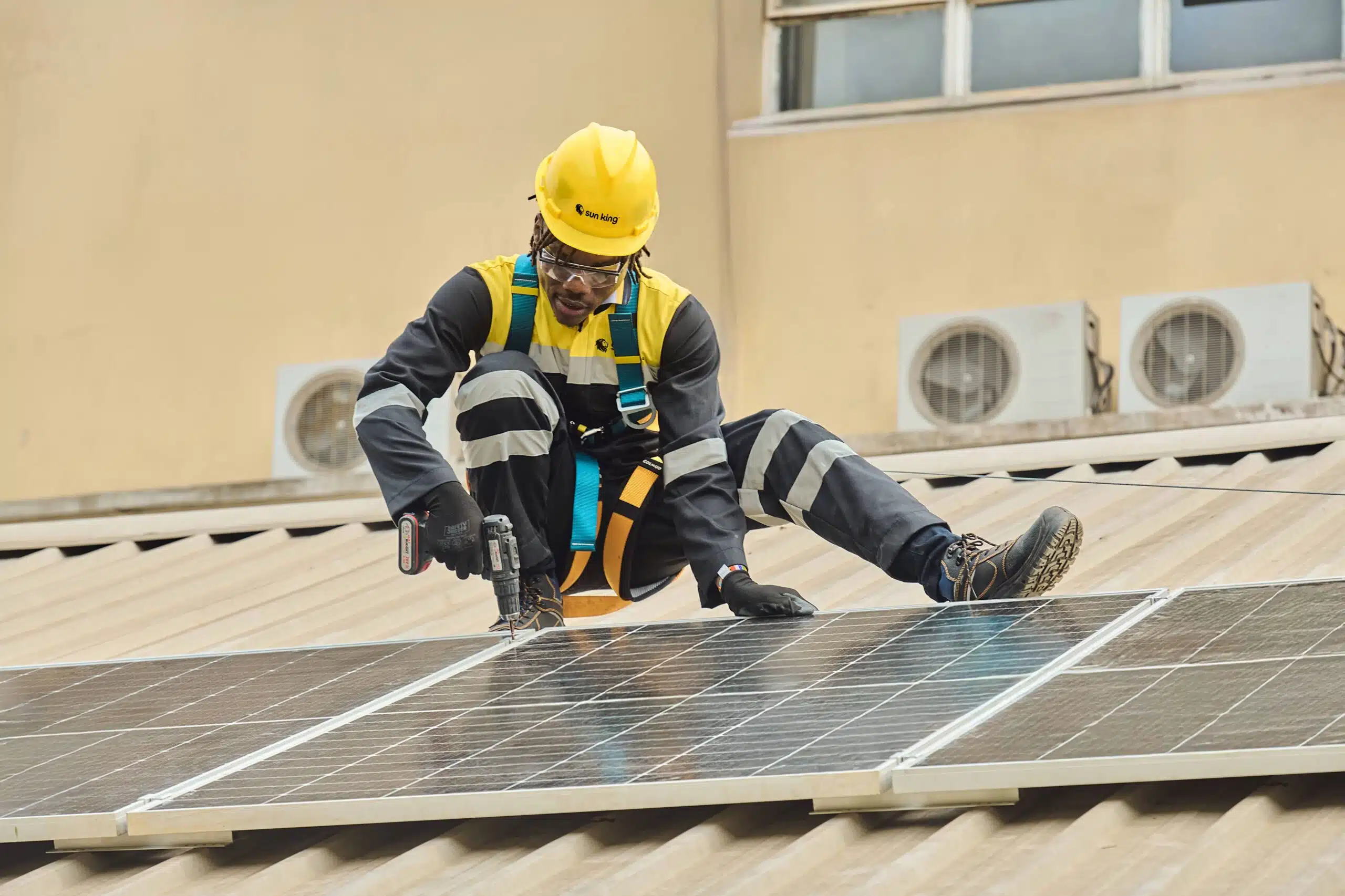Portuguese energy company Galp, has completed the sale of its upstream assets in Mozambique’s Area 4 to XRG P.J.S.C., a subsidiary of Abu Dhabi National Oil Company (ADNOC), for approximately $881 million.
The company disclosed this in a statement on Wednesday. It noted that the deal includes the Coral South floating liquefied natural gas (FLNG) project, which has been in operation since 2022.
The agreement also covers the planned Coral North FLNG and Rovuma LNG onshore developments.
Both projects are expected to reach final investment decisions in 2024 or 2025.
Transaction details and payment structure
According to Galp, the $881 million payment covers the equity value of its shares, shareholder loans reimbursement, and accumulated investments made since the transaction reference date of December 31, 2023.
The company also noted that lease liabilities stood at $525 million as of that date.
In addition to the initial payment, Galp will receive two contingent payments. The first, $100 million, will be made after the final investment decision for Coral North.
The second, $400 million, will follow the final investment decision for Rovuma LNG.
“Upon completion of this transaction, Galp receives a total of c.$881 million in 1Q25, which includes the equity value of shares, reimbursement of shareholder loans, and investments made since the reference date,” the statement read.
Mozambique’s Area 4 is seen as a key natural gas hub, with significant development potential through both offshore and onshore projects.
The Coral South FLNG facility, operated by Eni, has been producing liquefied natural gas since 2022, marking the first deepwater FLNG project in Africa.
ADNOC’s acquisition of Galp’s stake aligns with its broader strategy of expanding its global LNG portfolio.
The United Arab Emirates’ state owned company has been increasing its presence in key energy markets as demand for LNG continues to rise.
While Galp has now exited its upstream position in Mozambique, the company stated that it remains focused on optimizing its portfolio and exploring new opportunities in line with its long term energy transition strategy.

